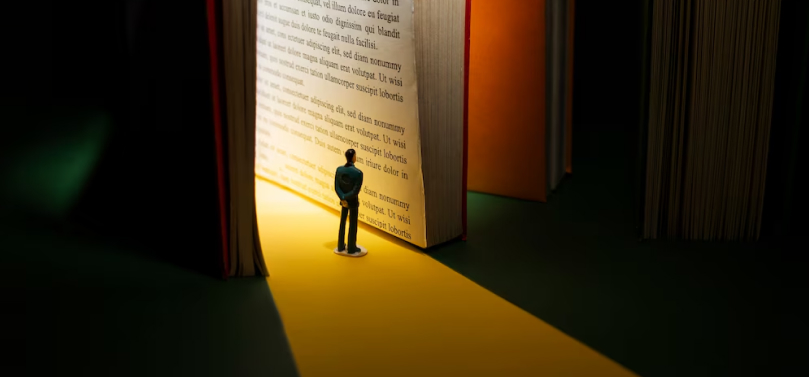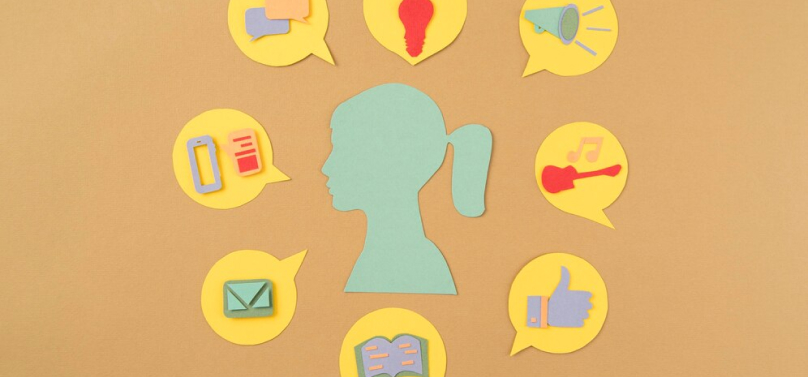Education Breeds Peace: A Path towards Harmony and Understanding
Today, let’s embark on a journey through the wonderful realm of education and its profound impact on fostering peace in our world.
You might wonder, "What does education have to do with peace?" Well, dear friends, the connection between education and peace is deeper than you might think. So, let's dive in and explore!

Imagine a world where everyone understands and respects each other's differences, where conflicts are resolved through dialogue and mutual understanding rather than violence. Sounds like a dream, doesn't it? But guess what? Education holds the key to turning this dream into reality.
Education is not just about memorizing facts or passing exams; it's about broadening our horizons, opening our minds to new ideas, and understanding different perspectives. When we learn about the world around us, about different cultures, religions, and ways of life, we become more tolerant and accepting individuals. We realize that despite our differences, we are all part of the same global community.
Now, let me tell you a story. Imagine two neighbouring countries with a long history of conflict. People on both sides have grown up hearing stories of hatred and mistrust towards the other. But then, something remarkable happens. The leaders of these countries decide to introduce peace education in schools. They teach students about the shared history, culture, and aspirations of both nations. They encourage dialogue and empathy, fostering a sense of common humanity. As a result, the next generation grows up with a different mind-set – one of peace, cooperation, and understanding. And slowly but steadily, the seeds of peace start to bloom.
But education doesn't just stop at the national level. It also plays a crucial role in promoting peace within communities and even among individuals. When we are educated, we are better equipped to resolve conflicts peacefully, to empathize with others, and to communicate effectively. We learn to listen to different viewpoints, to seek common ground, and to find peaceful solutions to disagreements.
Now, you might be wondering, "But how can I, as an eighth-grader, contribute to peace through education?" Well, my young friends, you have more power than you think. Start by being curious – ask questions, seek knowledge, and never stop learning. Challenge stereotypes and prejudices, and always strive to understand others with an open heart and mind. Be kind and compassionate towards your classmates, your neighbours, and even strangers you meet. Remember, peace begins with each one of us, and every small act of kindness can make a difference.
Here's the same content structured by Marg in bullet points:
Understanding and Empathy:
- Education fosters understanding, empathy, and critical thinking.
- Equipped with these tools, individuals are less likely to resort to violence to resolve conflicts.
Addressing Root Causes:
- Education addresses root causes of conflict like poverty and inequality.
- Provides opportunities for marginalized communities, reducing grievances that fuel conflicts.

Promoting Tolerance and Respect:
- Education promotes tolerance and respect for diversity.
- Schools serve as melting pots where students from diverse backgrounds learn, collaborate, and build friendships.
Social Cohesion and Civic Engagement:
- Education promotes social cohesion and civic engagement.
- Instills values of democracy, human rights, and responsible citizenship, leading to peaceful and inclusive societies.
Global Peace Initiatives:
- 1. Education fosters global peace through cultural exchange programs and international collaborations.
- Exposing students to different cultures breaks down barriers and fosters global citizenship.
Call to Action:
- Governments should prioritize education as a fundamental human right and allocate resources accordingly.
- Educators should embrace innovative teaching methods that promote critical thinking and intercultural understanding.
- Civil society, businesses, and international institutions should support education initiatives to foster a culture of peace.
Conclusion
Education is the key to a more peaceful and prosperous world. Let’s harness its transformative power to create a future where peace is a tangible reality for all.
This blog has highlighted why and how the career guidance process can help you or your child. Start right away and seek out the assistance you need by dropping a mail at support@margforyou.com






